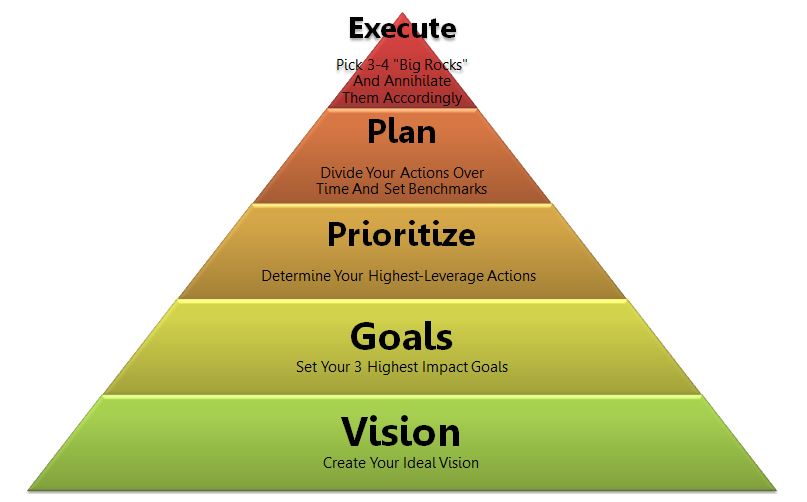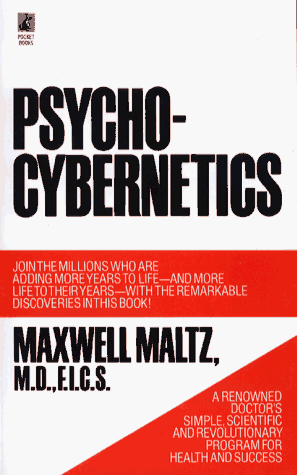


The 6 Basic Laws Of A Healthy Life (+ Beware Of Doctors)

How To Escape Negative Feedback Loops And Stop Being A Plant

The Ultimate Guide On How To Focus On What Really Matters (The Focus Pyramid)

One Incredible Technique To CRUSH Your Goals And Improve At ANYTHING

How To Master Your Life By Building On Strength

Psycho Cybernetics – Maxwell Maltz (Review)

How To Increase Motivation And Break Through Resistance FOREVER
